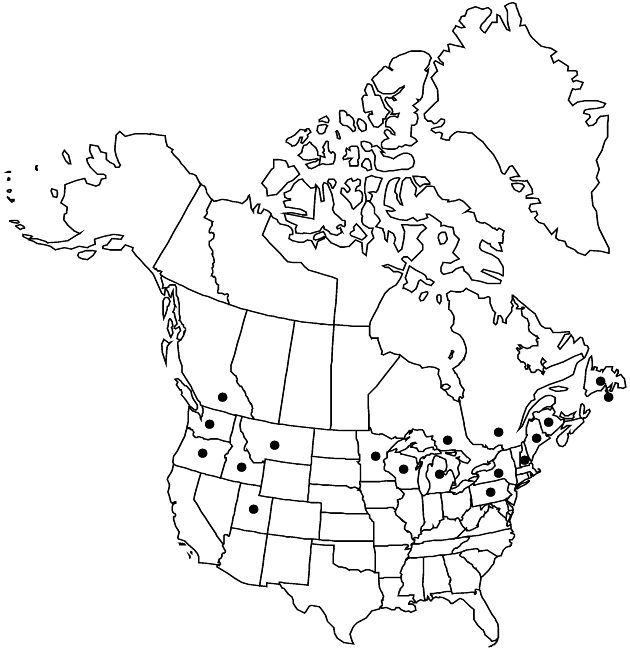Difference between revisions of "Centaurea montana"
Sp. Pl. 2: 911. 1753.
FNA>Volume Importer |
FNA>Volume Importer |
||
| Line 33: | Line 33: | ||
-->{{#Taxon: | -->{{#Taxon: | ||
name=Centaurea montana | name=Centaurea montana | ||
| − | |||
|authority=Linnaeus | |authority=Linnaeus | ||
|rank=species | |rank=species | ||
| Line 49: | Line 48: | ||
|publication year=1753 | |publication year=1753 | ||
|special status= | |special status= | ||
| − | |source xml=https://jpend@bitbucket.org/aafc-mbb/fna-data-curation.git/src/ | + | |source xml=https://jpend@bitbucket.org/aafc-mbb/fna-data-curation.git/src/eaa6e58056e40c9ef614d8f47aea294977a1a5e9/coarse_grained_fna_xml/V19-20-21/V19_208.xml |
|tribe=Asteraceae tribe Cardueae | |tribe=Asteraceae tribe Cardueae | ||
|genus=Centaurea | |genus=Centaurea | ||
Revision as of 19:17, 16 December 2019
Perennials, 25–80 cm, from rhizomes or stolons. Stems 1–several, erect, simple or sparingly branched, villous with septate hairs and thinly arachnoid-tomentose with long, simple hairs. Leaves thinly villous and ± tomentose, glabrate; proximal leaves winged-petiolate, blades 10–30 cm, margins entire or remotely dentate to pinnately lobed; mid and distal leaves sessile, blades decurrent, ovate to oblong or lanceolate, entire or remotely denticulate. Heads radiant, borne singly or in few-headed corymbiform arrays; (peduncles to 7 cm). Involucres ovoid to ± campanulate, 20–25 mm. Principal phyllaries: bodies greenish, ovate to lanceolate, scarious-margined, appendages appressed, brown to black, unarmed, decurrent on phyllary margins, pectinate-fringed, puberulent; innermost phyllaries sometimes unappendaged. Florets 35–60+; sterile florets 10–20, corollas blue (white, purple, or pink), 2.5–4.5 cm, corolla tube elongate. Disc florets 25–40+; corollas purple, ca. 20 mm; anthers dark blue-purple. Cypselae ± brown, 5–6 mm, sericeous; pappi of bristles 0.5–1.5 mm. 2n = 24 (Germany), 40 (Russia), 44 (France).
Phenology: Flowering summer (Jun–Aug).
Habitat: Escaped from cultivation, roadsides, woodlands, sagebrush scrub
Elevation: 0–1400 m
Distribution

St. Pierre and Miquelon, B.C., N.B., Nfld. and Labr. (Nfld.), Ont., Que., Alaska, Idaho, Maine, Mich., Minn., Mont., N.H., N.Y., Oreg., Pa., Utah, Wash., Wis., Europe.
Discussion
Centaurea montana is a very handsome plant, native to the mountains of Europe, now widely cultivated as an ornamental.
Selected References
None.